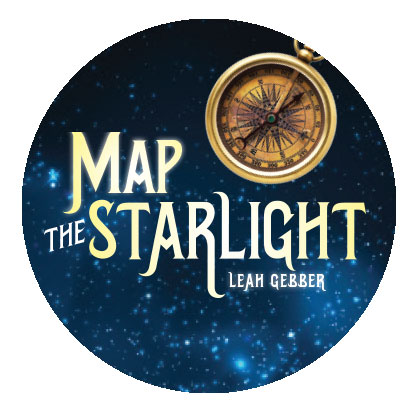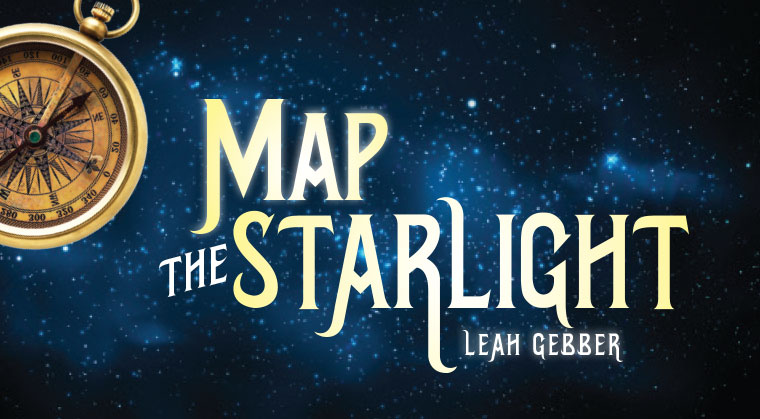Map the Starlight: Chapter 52


T
he streets are already familiar, it is easy to find his way. When Ramon knocks, the door is opened at once. The woman — he has learned that her name is Aster — ducks her head in deference and leads him to a large chair, where a glass of cold ale and a plate of pastries is put out before him. He bites; his mouth is assailed by a shock of crispy pastry and sweet honey and the crunch of nuts. It is like nothing he has ever tasted before in his life.
His stomach suddenly cramps. He pummels it with his hand, and then looks up, slightly embarrassed.
All he has eaten the last few days is the tavern’s food. As each day passes, the offerings grow less appetizing. The first day, he had fallen on the plate of roasted beef, and eaten it as only a man who has spent the last two months eating sea biscuits will. But day after day, it is losing its taste.
As well, he is starting to crave vegetables. Back in the priory, there was a large kitchen garden and the soups and stews were rich with carrots and turnips and green beans. There were peas, too. Bernat would steal them by the handful, slit them open with his thumbnail, and pour the little green peas into the palm of his hand. Then he’d tip them into his mouth, and savor the crunchy green freshness.
To distract himself from hunger, he stands up and prowls around the room. Just through the dining room, there is a study. Open on the desk is a large map. He peers over and looks at it. It is a map of the Holy Land. It is a work of art. Fish jump out of the sparkling Mediterranean. A caravan of camels travels through the desert. In the North, a crisscross of streams and rivers lead into the Galilean Sea. Each town is neatly labeled in Latin. In the center is Jerusalem, with a verse from Psalms: “Joy of the world.” He takes a breath. It is exquisite.
“Is this your work?”
“Yes.”
He nods, but looks down at the floor, so as not to look into her eyes. “It is…” He struggles for the choice of word. A piece of art? But it is more than that. The exacting proportions, the distance between the cities, there is a geographer’s eye that surely no woman alone could…
“Did Jocef teach you?”
“Yes. And my father.”
“How is it done? How do you draw a map?
She laughs. “I have watched my father drawing maps since I was a little child.”
“And did you ever want to go to the places you drew?”
She inclines her head. “Perhaps. For a while. But then my mother and my brothers perished in the plague. All of a sudden, home became more precious than anything else.”
He does not know why he is having this conversation. He should be investigating that great oaf who seeks shelter, or even just asking about Jocef. But he is interested. Besides, he is sure that there is no truth to Mose ben Isaac’s statement, only bitterness.
“I have no family,” he says quietly. “And that meant I was not bound to anyone’s footsteps. I did not have to become a blacksmith or a farmer.”
“So you chose this?” She lifts her hand, points to the sign of the Inquisition, sewn onto his sleeve.
He pauses. “No,” he says at last. “I did not choose this.”
“How much does anyone choose?” she says softly.
She turns, but beckons that he follow, seeming to sense his hunger. She bids him to sit at the table, and a few moments later reappears with a large, steaming bowl of stew, rich with meat and chickpeas and potatoes, along with a mild heat that warms his insides. He eats it, quickly at first, and then slows to savor each mouthful. He looks up. She is not there, but he can hear her in the next room. “This does your kitchen credit,” he calls.
He sips cup after cup of wine, and he knows that he is confused and that he normally abstains, and that it is all swishing around his head, like it has become a cabin that is filled with sea water, and everything is being tossed up into the water, and moved around on the waves.
She comes to the doorway. “This is the special dish that we eat on our Sabbath.” (Excerpted from Family First, Issue 594)
Oops! We could not locate your form.


